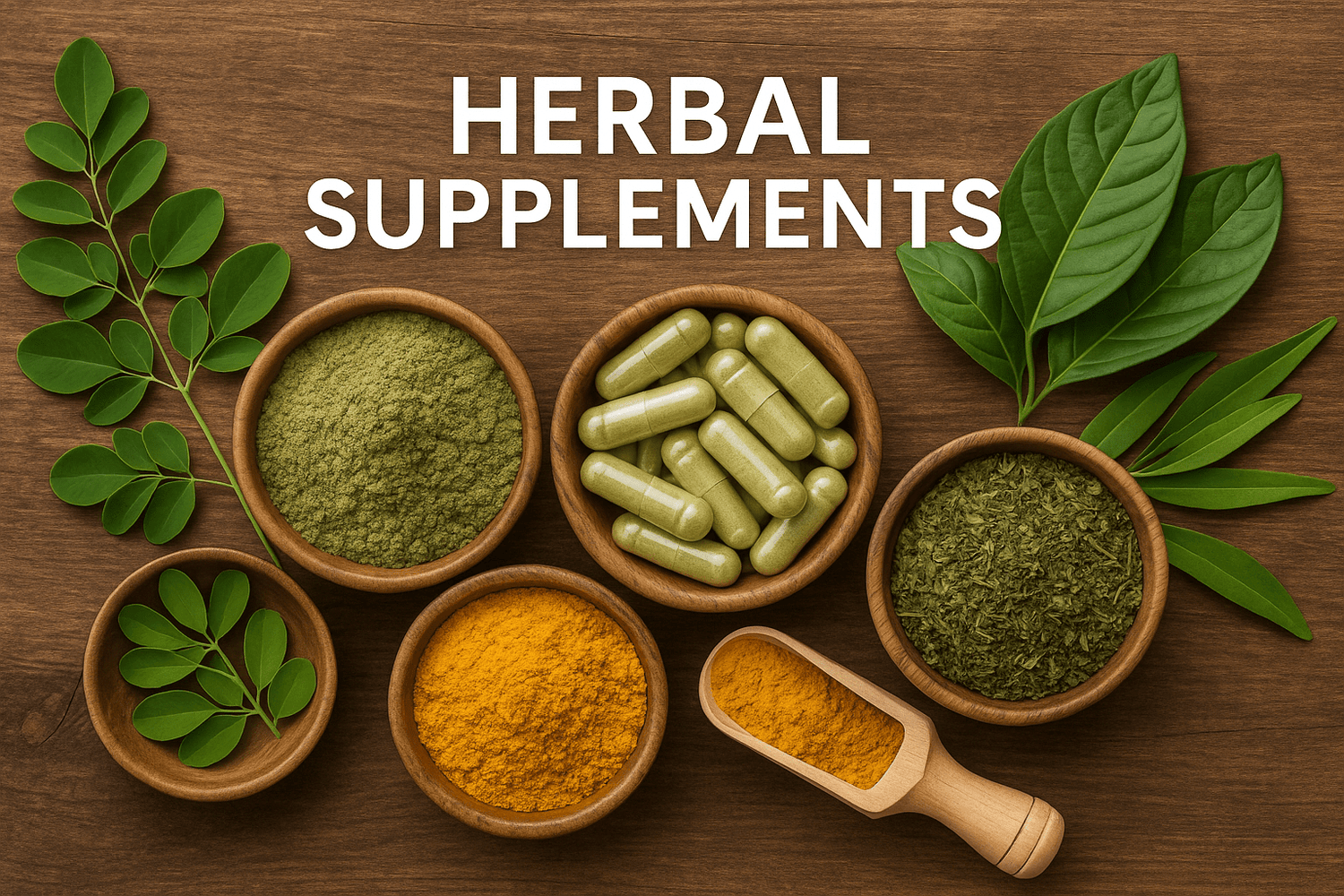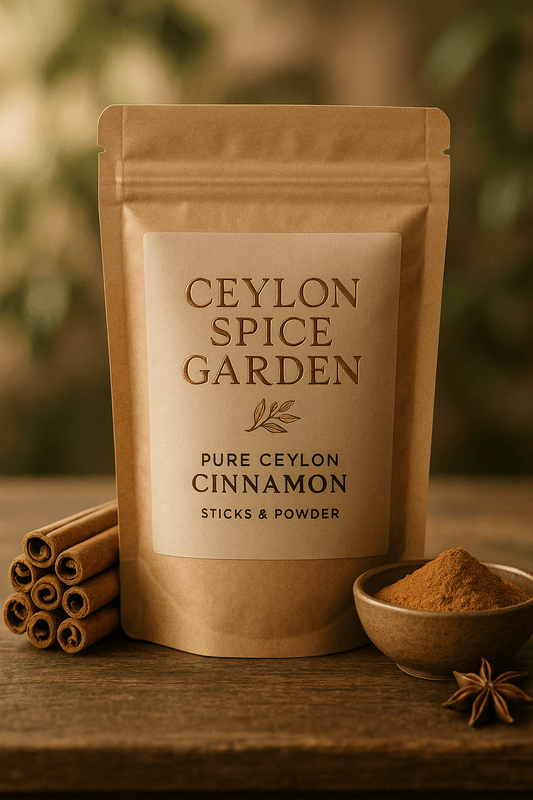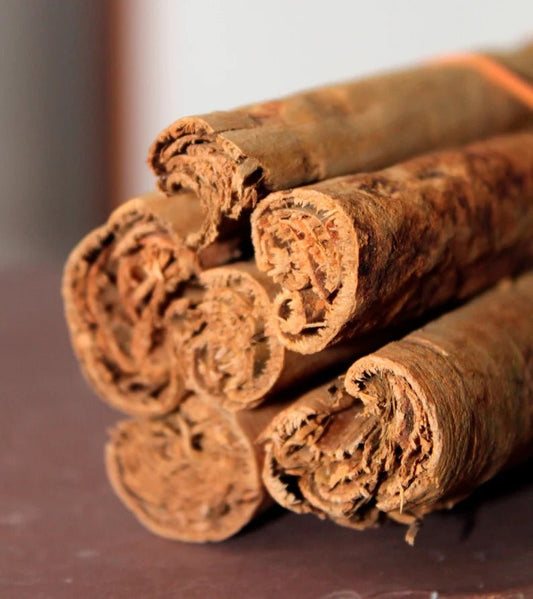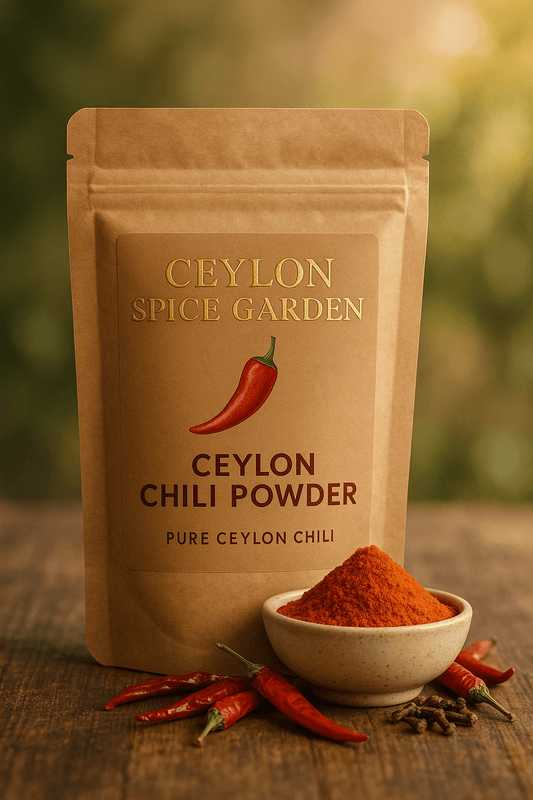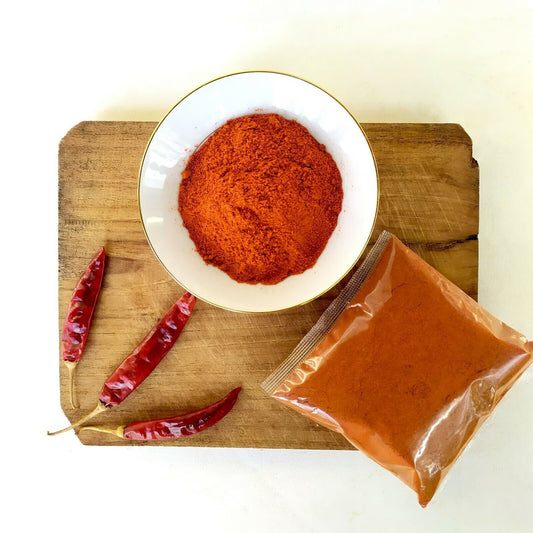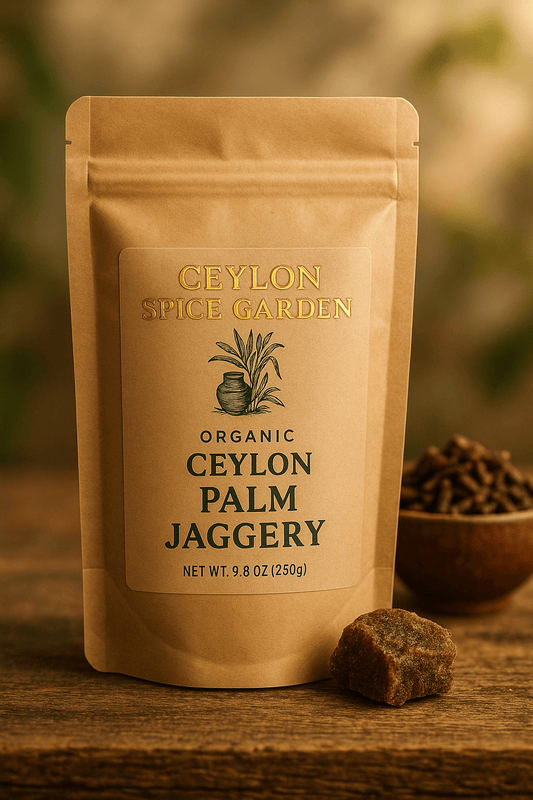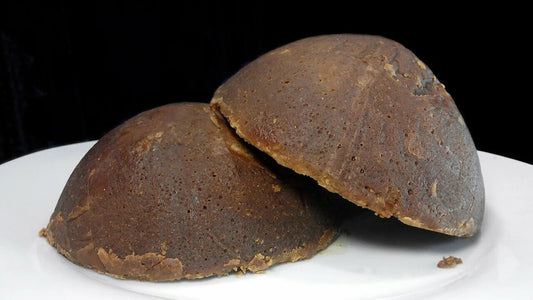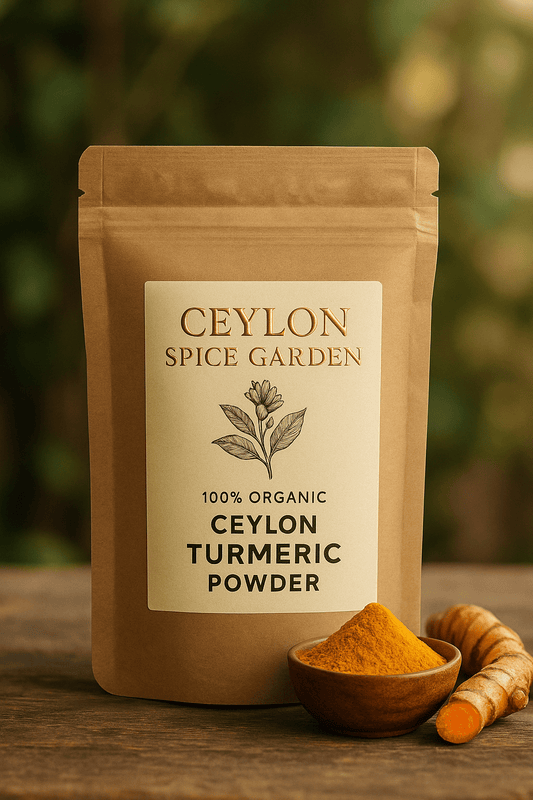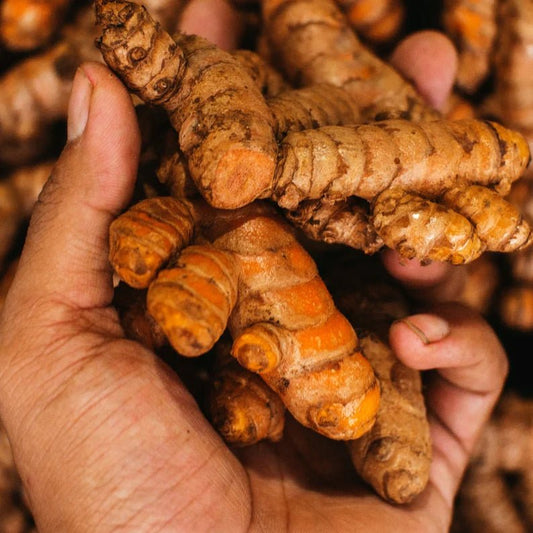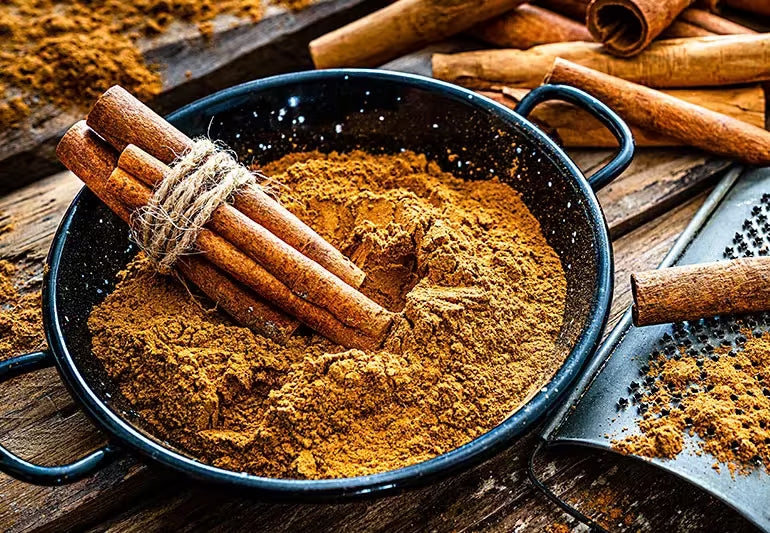
Ceylon vs Cassia Cinnamon Sticks: Which Is Better for You?
Ceylon vs Cassia Cinnamon Sticks: Which Is Better for You?
Expert Insights from Ceylon Spice Garden
Your trusted source for authentic Sri Lankan spices since 2015. Over 50,000 satisfied customers worldwide trust our organic, sustainably sourced Ceylon cinnamon.
Table of Contents
What Is Ceylon Cinnamon?
Ceylon cinnamon, scientifically known as Cinnamomum verum, comes exclusively from Sri Lanka (formerly Ceylon). This premium spice is harvested from the inner bark of young cinnamon trees, creating multiple thin layers that roll into delicate, paper-like quills.
According to the National Center for Biotechnology Information, Ceylon cinnamon contains significantly lower levels of coumarin compared to other cinnamon varieties, making it safer for regular consumption. The traditional harvesting methods used by Sri Lankan farmers have remained unchanged for centuries, preserving both quality and cultural heritage.
Why Ceylon Cinnamon Is Called "True Cinnamon"
Ceylon cinnamon earned the title "true cinnamon" because it was the first variety traded internationally. When Portuguese colonizers arrived in Sri Lanka in 1518, they discovered this precious spice and established the first global cinnamon trade routes. Learn more about Ceylon cinnamon's fascinating history.
What Is Cassia Cinnamon
Cassia cinnamon (Cinnamomum cassia) originates primarily from China, Indonesia, and Vietnam. This variety dominates the American spice market, representing approximately 95% of cinnamon sold in US grocery stores. Cassia bark is thicker and harder than Ceylon, forming single, thick rolls rather than multiple delicate layers.
Research published in the Journal of Food Composition and Analysis shows that Cassia contains 63-7000 mg of coumarin per kilogram, significantly higher than Ceylon's 0.017-0.18 mg per kilogram.
Key Differences Between Ceylon and Cassia
| Characteristic | Ceylon Cinnamon | Cassia Cinnamon |
|---|---|---|
| Origin | Sri Lanka exclusively | China, Indonesia, Vietnam |
| Appearance | Multiple thin layers, light brown | Single thick roll, dark reddish-brown |
| Texture | Soft, easily broken | Hard, difficult to break |
| Coumarin Content | 0.017-0.18 mg/kg | 63-7000 mg/kg |
| Flavor | Sweet, delicate, subtle | Strong, spicy, bold |
| Price | Premium ($15-30/lb) | Budget-friendly ($3-8/lb) |
Health Benefits Comparison
Ceylon Cinnamon Health Benefits
Ceylon cinnamon offers numerous health advantages backed by scientific research:
- Blood Sugar Management: A 2013 study in the International Journal of Food Science found that Ceylon cinnamon can help regulate blood glucose levels without the liver toxicity risks associated with high coumarin intake.
- Cholesterol Reduction: Research indicates that regular Ceylon cinnamon consumption may help lower LDL cholesterol levels. Discover how Ceylon cinnamon supports heart health.
- Blood Pressure Support: Studies suggest Ceylon cinnamon extract may help maintain healthy blood pressure levels.
- Weight Management: Ceylon cinnamon may support weight loss efforts when combined with proper diet and exercise.
- Stress Relief: The aromatic compounds in Ceylon cinnamon can promote relaxation and better sleep quality.
"I switched to Ceylon cinnamon six months ago for my daily wellness routine. My doctor was impressed with my latest blood work results!" - Sarah M., verified customer review (4.8/5 stars from 2,847 reviews)
Cassia Cinnamon Health Benefits
While Cassia offers some health benefits, they come with important limitations:
- Antioxidant Properties: Cassia contains beneficial antioxidants, though in different concentrations than Ceylon
- Anti-inflammatory Effects: May help reduce inflammation when used in moderation
- Antimicrobial Activity: Shows promise in fighting certain bacteria and fungi
Safety Considerations: The Coumarin Concern
Important Safety Information: The European Food Safety Authority recommends limiting coumarin intake to 0.1 mg per kilogram of body weight daily. For a 150-pound adult, this equals approximately 6.8 mg of coumarin per day.
Coumarin, a naturally occurring compound in cinnamon, can cause liver damage when consumed in large quantities over extended periods. The European Food Safety Authority has established strict guidelines for coumarin consumption due to hepatotoxicity concerns.
With Cassia's high coumarin content, consuming just one teaspoon daily could exceed safe limits for many people. Ceylon cinnamon's minimal coumarin content makes it suitable for daily use without safety concerns.
Flavor Profile and Culinary Uses
Ceylon Cinnamon: The Delicate Choice
Ceylon cinnamon offers a sophisticated flavor profile that food scientists describe as sweet, woody, and floral with citrus undertones. This delicate flavor makes it perfect for baking applications where you want cinnamon's warmth without overwhelming other ingredients.
Best uses for Ceylon cinnamon:
- Delicate baked goods like cookies and pastries
- Fruit dishes and desserts
- Tea blends and beverages
- Light spice mixtures
- Daily wellness routines
Cassia Cinnamon: The Bold Option
Cassia delivers an intense, spicy-sweet flavor with higher levels of cinnamaldehyde, the compound responsible for cinnamon's characteristic taste. This boldness makes it suitable for hearty dishes that can handle its strong personality.
Best uses for Cassia cinnamon:
- Cinnamon rolls and coffee cakes
- Spice blends for meat dishes
- Hot chocolate and spiced beverages
- Savory Middle Eastern and Mexican cuisine
How to Choose the Right Cinnamon
Identifying Authentic Ceylon Cinnamon
When shopping for Ceylon cinnamon, look for these quality indicators:
- Multiple Layers: Authentic Ceylon cinnamon sticks show multiple thin layers when viewed from the end
- Light Color: True Ceylon has a tan to light brown color, not dark reddish-brown
- Fragile Texture: Ceylon sticks break easily and can be ground in a home spice grinder
- Origin Label: Always verify "Product of Sri Lanka" on packaging
- Certification: Look for organic and fair-trade certifications when possible
Ceylon Cinnamon Powder vs Sticks: Which Should You Buy?
Both forms have advantages depending on your needs. Learn the pros and cons of each format to make the best choice for your kitchen and wellness routine.
Where to Buy Quality Ceylon Cinnamon
For authentic Ceylon cinnamon, consider these sources:
- Specialty Spice Retailers: Companies that focus on premium spices often carry authentic Ceylon varieties
- Direct from Source: Purchase directly from Sri Lankan suppliers for guaranteed authenticity
- Health Food Stores: Many natural food stores stock Ceylon cinnamon due to health-conscious customer demand
- Online Marketplaces: Verify seller credentials and read reviews carefully when buying online
The Verdict: Which Cinnamon Is Better for You?
Ceylon cinnamon emerges as the clear winner for health-conscious consumers. Its minimal coumarin content, superior safety profile, and delicate flavor make it the ideal choice for daily use. While Cassia has its place in bold culinary applications, Ceylon cinnamon offers the perfect balance of flavor, safety, and wellness benefits.
For those serious about incorporating cinnamon into their wellness routine, investing in authentic Ceylon cinnamon from Sri Lanka provides the best value for your health and culinary enjoyment.
Frequently Asked Questions
Yes, especially if you use cinnamon regularly. Ceylon cinnamon's superior safety profile, lower coumarin content, and delicate flavor justify the premium price. For daily wellness use, the health benefits far outweigh the additional cost.
With Ceylon cinnamon, you can safely consume 1-2 teaspoons daily due to its minimal coumarin content. For Cassia cinnamon, limit intake to 1/2 teaspoon daily to avoid exceeding safe coumarin levels established by health authorities.
While both are cinnamon, they have different flavor intensities. Ceylon is more delicate, so you might need slightly more to achieve the same flavor impact. Cassia is more potent, so use less when substituting for Ceylon in recipes.
Ceylon cinnamon sticks have multiple thin layers and a light tan color, while Cassia forms single, thick, dark reddish-brown rolls. Ceylon breaks easily, while Cassia is hard and difficult to break. The flavor is also distinctly different - Ceylon is sweet and delicate, Cassia is bold and spicy.
Ceylon cinnamon may support weight management by helping regulate blood sugar levels and potentially boosting metabolism. However, it's not a magic solution - it works best when combined with a balanced diet and regular exercise as part of an overall healthy lifestyle.
Store cinnamon sticks in an airtight container in a cool, dark place away from heat and moisture. Properly stored Ceylon cinnamon sticks can maintain their potency for 2-3 years, while ground cinnamon should be replaced every 1-2 years for best flavor.
Ceylon cinnamon is generally safe for most people when consumed in normal culinary amounts. Due to its low coumarin content, it has fewer safety concerns than Cassia. However, people with liver conditions or those taking blood-thinning medications should consult their healthcare provider before consuming large amounts of any cinnamon variety.
